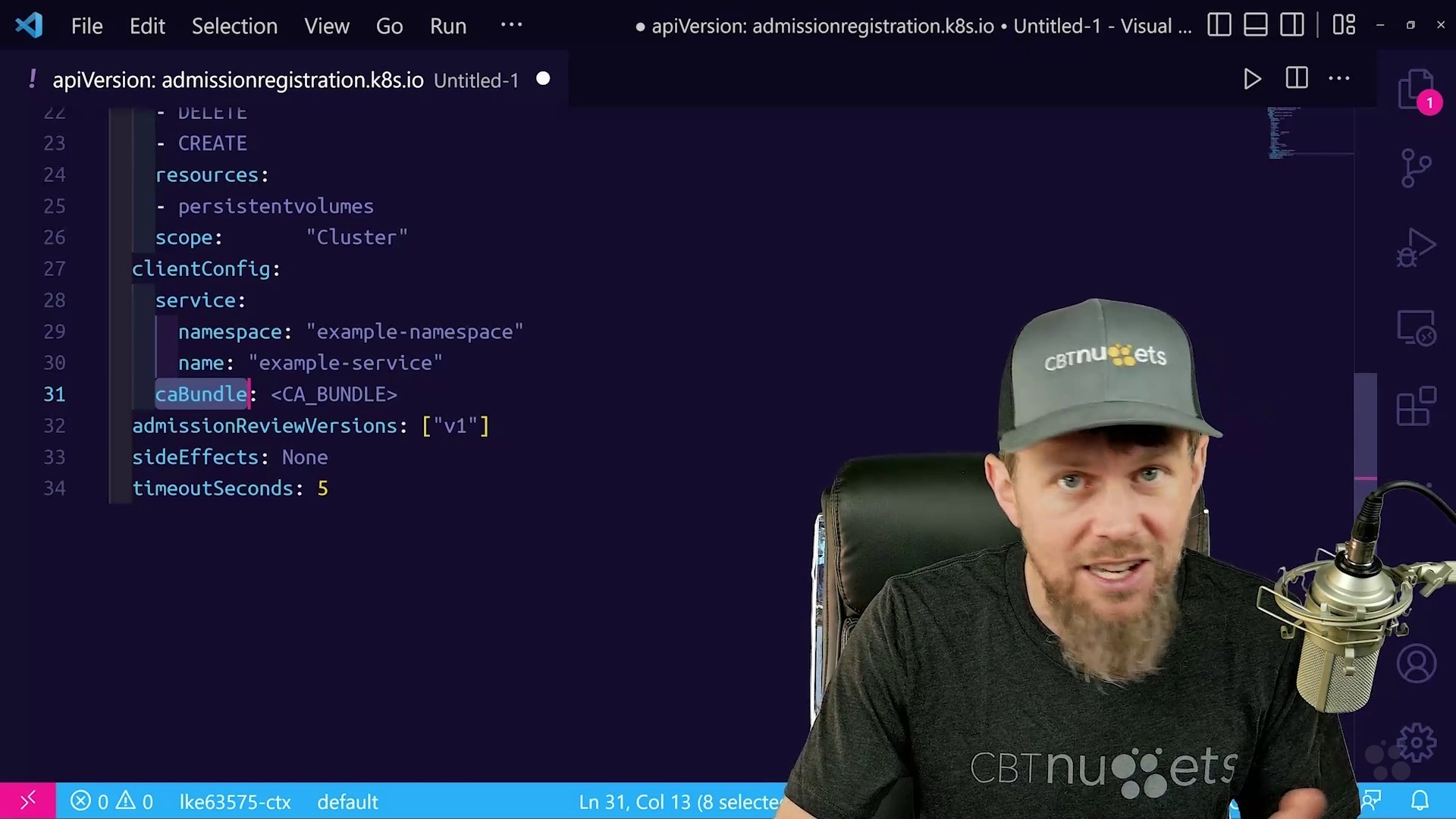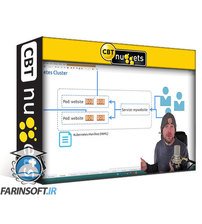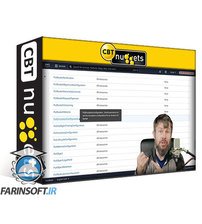در حال حاضر محصولی در سبد خرید شما وجود ندارد.

This intermediate Certified Kubernetes Security Specialist (CKS) training prepares DevOps professionals to minimize microservice vulnerabilities and set up and harden Kubernetes clusters.
The world of IT has seen a big shift from using virtualized application deployment environments to containerized application deployment environments — and Kubernetes is one of the most popular platforms when creating and managing those environments. So it only makes sense that being able to secure container-based applications and Kubernetes platforms has become a requirement.
در این روش نیاز به افزودن محصول به سبد خرید و تکمیل اطلاعات نیست و شما پس از وارد کردن ایمیل خود و طی کردن مراحل پرداخت لینک های دریافت محصولات را در ایمیل خود دریافت خواهید کرد.

HTML، CSS، و JS برای توسعه دهندگان وب

یادگیری شبکه سازی Kubernetes

How to Build Docker Images Online Training

متخصص Kubernetes شوید

AWS Automation: AWS Machine Learning Tutorial Online Training

کورس گیت هاب

کورس داکر

AWS Tutorial: Automating Developer Tools Tutorial Online Training

GitHub Actions Tutorial: Development Automation Training

ساخت برنامه های کاربردی در Powerhell
✨ تا ۷۰% تخفیف با شارژ کیف پول 🎁
مشاهده پلن ها